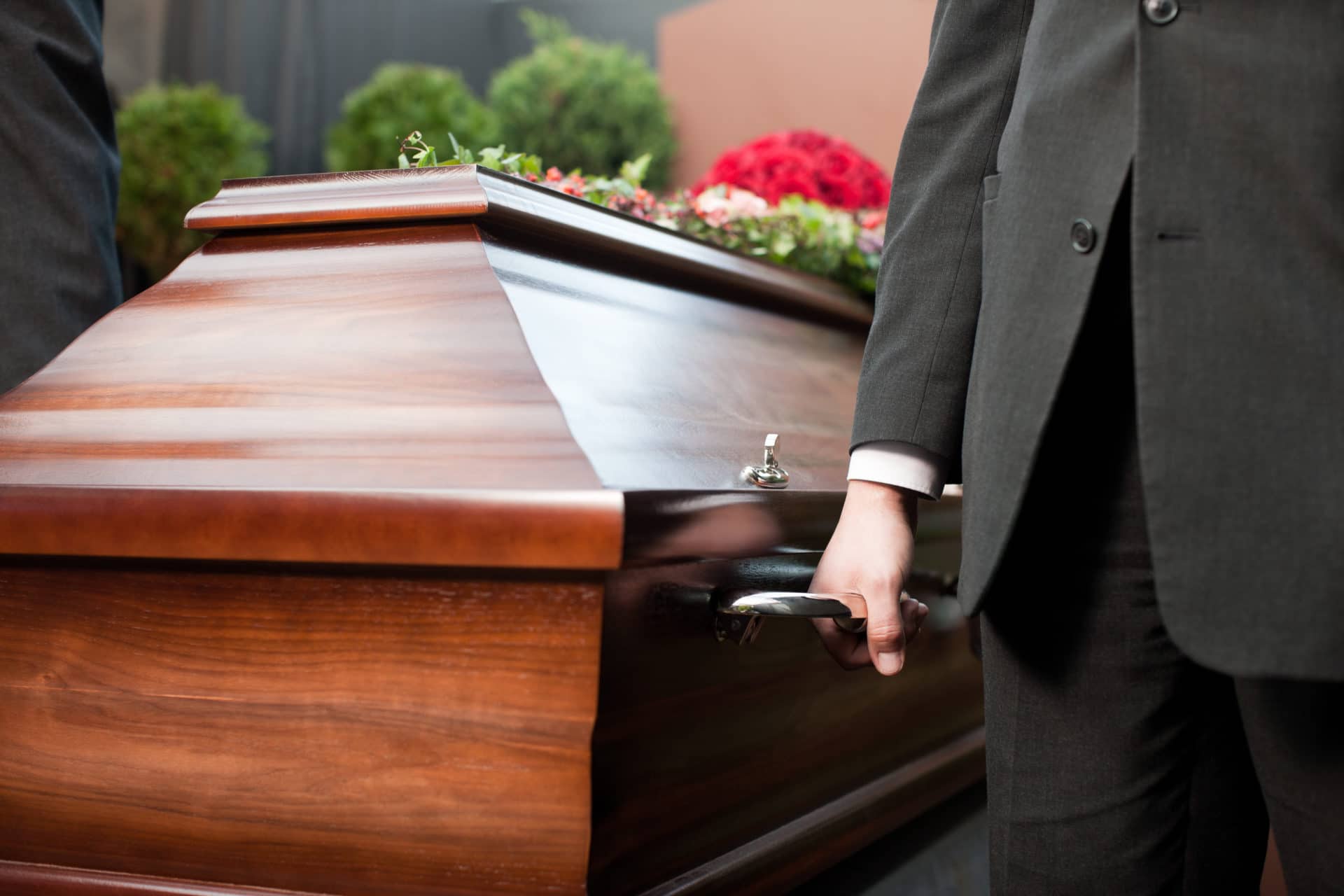Loss is a painful and heart-wrenching experience, and can be especially harrowing when it involves the wrongful death of a loved one. California provides recourse for families who have lost someone due to negligence or a wrongful act.
When someone dies as due to a wrongful act or negligence of another person or entity, a wrongful death lawsuit can be filed in California. It is a civil lawsuit which can be brought to court directly by the survivors of the deceased person or the personal representative of the person’s estate. Fault is determined in terms of monetary damages. The court will order the defendant to pay these damages to the decedent’s survivors if they are successful in winning the case. Claimants may bring a civil wrongful death case to court even if a criminal case is already proceeding.
Wrongful Death Law in California:
California’s wrongful death law, California Code of Civil Procedure section 337.60 is specific as to which parties are permitted to bring a wrongful death claim. A wrongful death claim may be filed by:
- the decedent’s surviving spouse
- the decedent’s registered domestic partner
- the decedent’s children
If there are no living direct descendants of the person who has passed away, a wrongful death lawsuit may also be brought by anyone who would be entitled to the property of the decedent by intestate succession, including the decedent’s parents and siblings.
Although “common law marriage” is not legally recognized in California, if the decedent’s putative spouse and/or their children can prove that they were financially dependent on the decedent, they may also be entitled to bring a wrongful death lawsuit.
Damages:
The specific amounts that can be recovered in a wrongful death lawsuit will vary from case to case. Damages are typically divided according to whether they compensate the estate for losses associated with the death, or the surviving family members for the personal losses they have suffered.
Losses that are typically associated with the estate include:
- medical bills for the decedent’s final illness or injury
- funeral and burial expenses
- lost income, including prospective income the decedent would have been expected to earn in the future
Losses that are assigned to the surviving family members include:
- value of lost household services (caretaking of the children, invalid, elderly and home)
- loss of future earnings/financial support
- loss of love, affection, support, guidance and community,.
Statute of Limitations:
Wrongful death claims must be filed within a specific period of time. Under California’s wrongful death law, a claim must be filed within two years of the date of the person’s death. If the case is not filed in civil court within two years, the family typically cannot file after this two-year period.
Enlisting the help of experienced personal injury lawyers can help ease the worry and financial stress you and your family may suffer in the event of a loved one’s wrongful death, allowing you to focus on happy memories, healing and honoring your loved one’s legacy.



